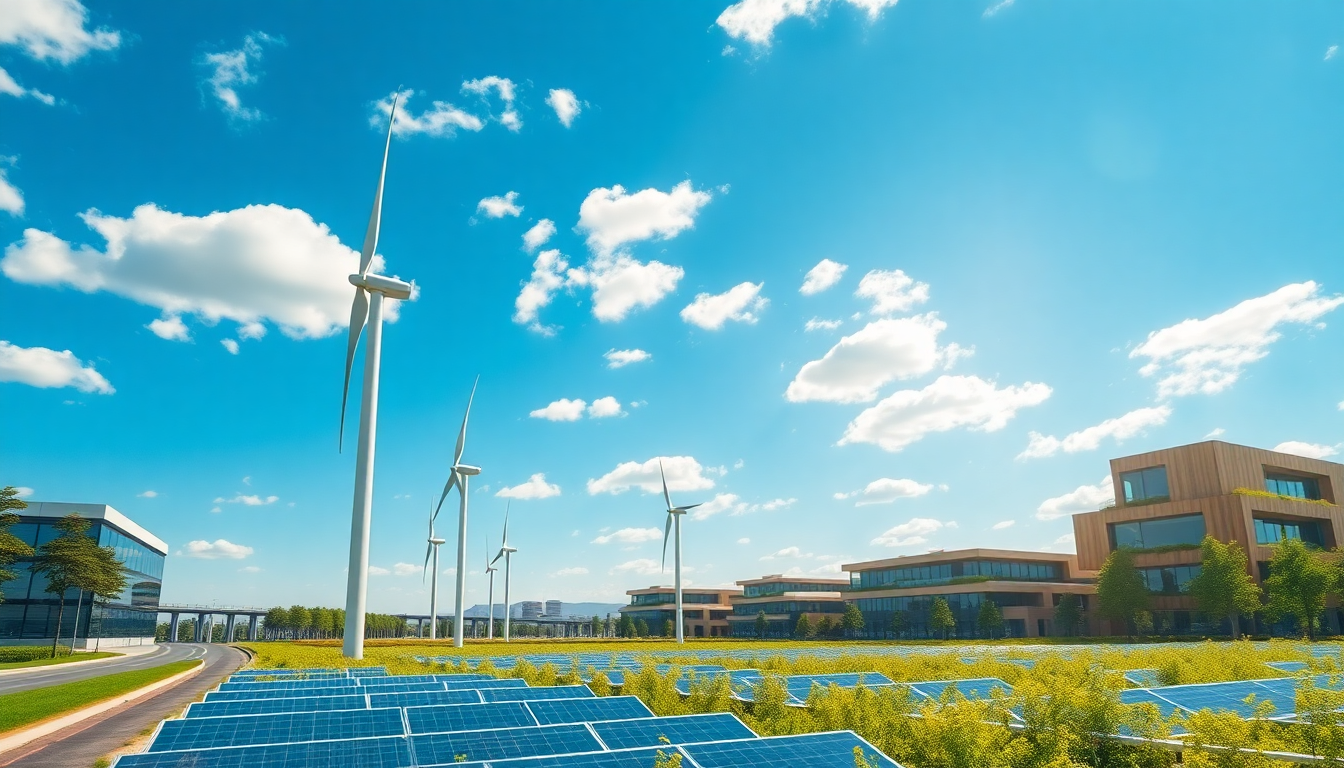Table of Contents
The recent passage of the **One Big Beautiful Bill Act** has sparked quite a buzz regarding its potential impact on clean energy in the United States. Supporters believe this legislation is a crucial step toward achieving energy independence. It aims to tackle technological gaps and supply chain weaknesses that could threaten our energy future.
With the world racing toward decarbonization, ensuring we secure our domestic energy resources has never been more urgent. But what does this mean for sustainability and the U.S.’s competitiveness in the global clean energy market?
Why Energy Independence Matters
Proponents of the **One Big Beautiful Bill Act** argue that it’s essential for the U.S. to strengthen its energy capabilities, especially as we look at China’s significant role in clean technology manufacturing. Over the past few years, China has taken the lead in producing critical minerals needed for renewable energy solutions like solar panels, wind turbines, and electric vehicle batteries.
This dependency on foreign supply chains raises some serious red flags for U.S. energy security.
By investing in domestic energy production and tech development, supporters claim, the U.S. can shield itself from unexpected shocks and geopolitical tensions. They emphasize that building a strong energy sector is vital not just for national security but also for fostering economic growth.
By bridging the technological gaps that have emerged, the U.S. could once again position itself as a frontrunner in the clean energy transition. But is that enough?
Concerns About Sustainability
Despite the ambitious goals of the **One Big Beautiful Bill Act**, critics are voicing concerns that focusing solely on short-term gains could jeopardize long-term sustainability efforts.
They argue that this legislation distracts from the urgent need for a comprehensive strategy that emphasizes environmental responsibility and global competitiveness. While this act might provide immediate economic boosts, there’s a risk it could diminish the U.S.’s standing in global climate leadership.
Moreover, opponents caution that an overemphasis on domestic production might stifle the collaborative spirit needed to tackle global climate challenges. Transitioning to a sustainable energy future isn’t just about technological advancements; it also requires working hand-in-hand with international partners. By narrowly focusing on energy independence, we might miss out on valuable opportunities for collaboration that could enhance the impact of clean technologies worldwide.
The Road Ahead for Clean Energy
As we look to the future, the **One Big Beautiful Bill Act** brings both opportunities and challenges to the clean energy scene. While it might kickstart our journey toward energy independence, the long-term consequences are still unclear. As the U.S. grapples with the complexities of energy policy, finding a balance between securing domestic resources and ensuring a sustainable future will be key.
The ongoing debates surrounding this legislation highlight the need for a well-rounded approach to energy policy—one that weighs economic factors alongside environmental considerations. As we evaluate the pros and cons of the act, one goal should remain front and center: facilitating a clean energy transition that’s not just secure, but also sustainable for generations to come. What do you think this means for our planet’s future?





